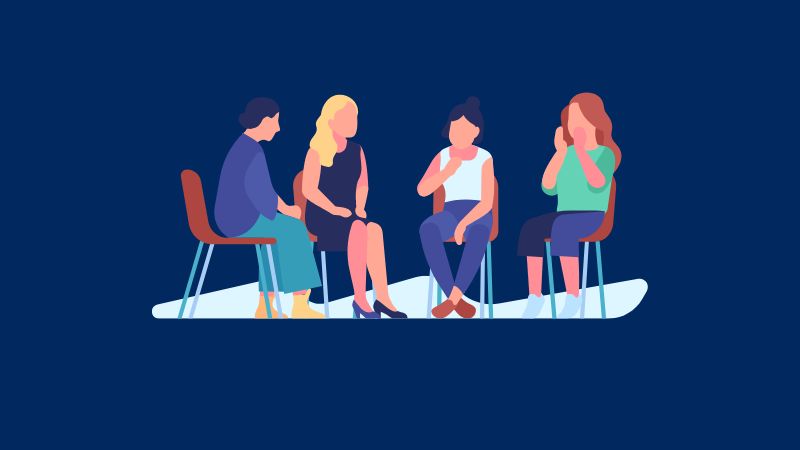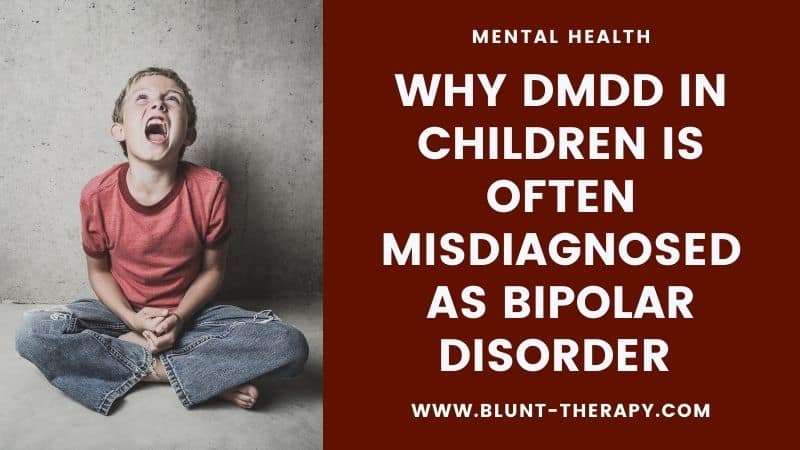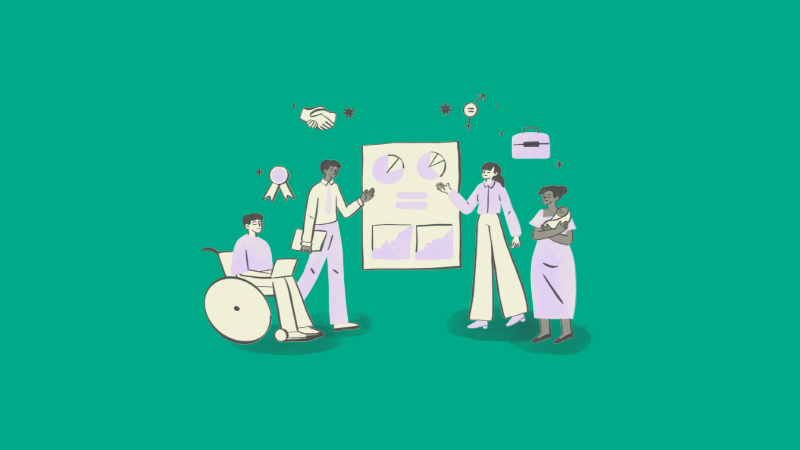Table of Contents
Affiliate link notice: As an affiliate of BetterHelp and other third-party vendors, We will receive compensation if you make a purchase using the links provided on this page. For more information, visit our disclosure page.
Last Updated on December 12, 2021 by Randy Withers, LCMHC
Is there such a thing as “Facebook Depression?” Is it possible that excessive social media use can cause depressed mood, loneliness, and low self-esteem?
The short answer is: yes. But there’s more to it.
*AUTHOR’S NOTE: I’m going to use the terms “Facebook” and “Social Media” interchangeably. It doesn’t really matter which site you are using.

What is Facebook Depression?
Have you ever felt down after a long social media binge? These days it is rare to find someone who does not have some sort of social media account, whether it is Facebook, Twitter, Instagram, or one of the countless others available.
As humans, it is our natural tendency to want to feel connected to others, and for many, social media seems to fill that void. But does it fill a void or create a new one?
Research suggests that excessive social media use can cause people to feel depressed and isolated, have low self-esteem, and feel envious of others.
There’s even an official term for this phenomenon: “Facebook Depression.” It’s not an official diagnosis in the DSMV, but that doesn’t mean it’s not real.
To be clear, Facebook Depression is different from clinical depression, which is a chemical imbalance in the brain that can lead to suicidal ideation, intrusive thoughts, sleep disruption, anhedonia, and feelings of hopelessness and despair.
Facebook Depression, by contrast, is marked by lower self-esteem, negative thoughts, anger, and a compromised sense of self-worth.
Negativity is contagious. When our friends post sad things we tend to vicariously experience their sadness, but without the context of human connection.
This is also true of anger — think about those political posts you see that make you want to go on a five-state killing spree. Vitriol and hate have become so commonplace that it’s almost white noise at this point. But that doesn’t mean we are immune to its effects.
Every moment that you waste sifting through social media is time spent in voluntary isolation. Every moment you spend feeling angry about your cousin’s racist memes is one where you are not developing real social connections with living human beings.
And all of this stuff tends to make depression worse.
It’s not just divisive or hot-button topics that are the problem. Humans have a bad habit of comparing ourselves to others. We do it all the time without even thinking.
In fact, comparison is how the human brain makes sense of the world. Today was colder than yesterday. The oven is hotter than the countertop. That dog is smaller than that other dog. My best friend’s life is so much better than mine.
The problem is that we’re comparing ourselves to a lie. People tend to put their best foot forward on Facebook — look at how awesome my kids are, that sort of thing — and often we can’t help but look at our own lives in a negative light.
Of course, we’re only seeing part of the story. It’s not like people on Facebook traditionally admit to things like domestic violence, failing marriages, and behavioral challenges with children.
You rarely see someone brag about their drug addiction. You rarely see someone admit to a mistake they made at work.
RELATED: Overcome your depression for good using this proven method.
That’s just not what we do, because social media is nothing if not one big popularity contest.
How to Avoid Facebook Depression
Social media was not designed to cause depression. It is not coded to ruin a person’s self-esteem. It is not, by definition, an instrument of evil. It is merely a tool.
And like any tool, it can be used for good reasons, and for bad ones. We all have to make a choice here, because Facebook is certainly not going to make the choice for us.
Here are some tips to reduce the negative effects of Facebook and other forms of social media:
- Determine the reasons why you use social media? Are you trying to stay in contact with your friends or family? Are you using it because you are bored and trying to pass the time? Do you use it to stay informed? Do you use it to fight with strangers in the comment section? Are you feeling lonely and searching for a connection?
- Set a time limit. Decide what is realistic for you. It might be very difficult to cut down cold turkey. Instead, start by counting how much time you spend on social media and cut it in half. If you spend two hours a day, then try only one hour a day for a full week. If that works, cut it down even further.
- Spend more time with actual people. Since social media can increase feelings of isolation, it’s important to fill your time with healthy social interaction. Grab coffee with a friend or call a loved one on the phone. Spend time at the gym, mall, or a bookstore. These activities can help you feel more connected to the outside world.
- Don’t be afraid of a social media detox. It might be hard to imagine not constantly checking your social media accounts, but remember there was a time when social media didn’t exist at all.
Healthy Alternatives to Facebook
It’s time for full disclosure: I was damn near 30 years old when Facebook was invented. Like most of the civilized world before the advent of social media, I spent most of my youth doing things, in person, with other people. Whether it was class or sports or camp or downtime on the weekend, it was never normal to spend a lot of time in isolation.
It’s shocking, I know. We actually interacted with other human beings in real life. Like, in close proximity. Like, without the use of phones.
Anyway, the point is that older folks tend to know what I’m about to say, but the younger generations seem to need to be taught some healthy coping skills fundamentals. So here we go:
Go Outside
- Get some fresh air! Being out in nature is one of the easiest and most affordable ways to relax. Take some time away from technology and go on a long hike, spend a day at the beach, or play a team sport.
Get Creative
- Get in touch with your artsy side and use the part of your brain that you put on silent mode whenever you use Facebook. Journaling and drawing, for example, can do wonders for releasing endorphins.
Meditate
- Take long, deep breaths and sit in silence. This will be difficult at first if you aren’t used to meditating. Be patient with yourself and enjoy taking time to just “be” rather than “do.”
Reconnect with Your Youth
- Remember when you were younger and social media either did not exist at all or wasn’t so damn ubiquitous? What were some of the things you used to like to do? Maybe you would skip instead of walk, watch silly movies, or dance to music. Give yourself permission to be a kid again and leave your computer and phone at home.
The best thing you can do is delete every single social media app on your phone for 30 days and go cold turkey. You’ll suffer from mild withdrawals for the first three or four days, but the rest will be like kissing heaven.
So, Does Facebook Cause Depression?
Social media is a great way to stay in contact with other people. It also gives us an opportunity to share interesting articles and talk about our successes and failures.
Unfortunately, with constant availability, it is easy to go overboard, which can cause problems like depression, isolation, and low self-esteem.
So, does Facebook cause depression? Ultimately, it depends on how you use it. As with anything in life, it comes down to moderation and balance.
Conclusion
Facebook Depression is a real thing, but only if you allow it to happen. Take some responsibility for your actions here. If Facebook makes you feel depressed, stop using Facebook.
Some things in life are not nearly as complicated as we try to make them.
If you feel like you might be experiencing problems because of too much social media then try to incorporate more balance into your life.
If you feel like your Facebook Depression is severe or is not improving, consider seeking professional help. If you need help with depression, go here, or consider the benefits of online counseling.
References:
- More research says Facebook can cause depression, this time among millennials
- The FOMO Is Real: How Social Media Increases Depression and Loneliness
- How to avoid Facebook-induced depression








